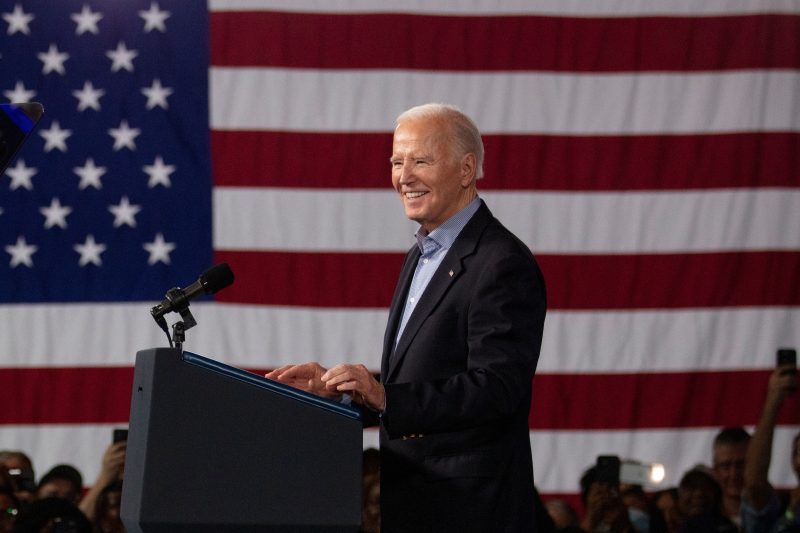In his pursuit to revitalize areas left struggling by previous economic policies, President Joe Biden has introduced a comprehensive plan that aims to remedy the economic disparities and rebuild communities across the United States. Leveraging a mix of federal investments, support for small businesses, and infrastructure development, this initiative signals a transformative shift towards inclusive growth and shared prosperity.
Central to the strategy is the recognition of historically marginalized communities, whose economic potential has long been overlooked. By targeting these areas with tailored programs and resources, the Biden administration seeks to reverse the trends of neglect and disinvestment that have plagued them for decades. This commitment to addressing systemic inequalities represents a fundamental departure from the trickle-down economics of the past, which have failed to deliver sustainable progress for all Americans.
One key aspect of President Biden’s plan is the emphasis on strengthening local economies through support for small businesses. Recognizing the vital role that these enterprises play in driving job creation and fostering community resilience, the administration has proposed measures such as increased access to capital, technical assistance, and procurement opportunities. By empowering small businesses to grow and prosper, the plan aims to catalyze broader economic development and enhance the financial security of families and individuals.
Moreover, infrastructure investment is at the core of the Biden administration’s economic repair agenda. Beyond the traditional focus on roads and bridges, the plan places a strong emphasis on expanding access to high-speed internet, modernizing public transportation, and upgrading essential utilities. By prioritizing investments in infrastructure that address pressing needs and promote sustainability, the administration aims to lay the foundation for long-term growth and shared prosperity.
In addition to these targeted initiatives, the Biden administration is committed to advancing a more equitable and inclusive economic agenda across all policy areas. This holistic approach includes measures to support workers’ rights, promote affordable housing, and expand access to quality education and healthcare. By addressing the interconnected challenges facing American families, such as stagnant wages, rising costs, and inadequate social services, the plan seeks to build a more resilient and inclusive economy that works for everyone.
As President Biden’s economic repair efforts take shape, it is clear that a new chapter is being written in the nation’s economic history. By prioritizing equity, sustainability, and community empowerment, the administration is charting a course towards a more prosperous and resilient future for all Americans. As the initiatives unfold and their impact is felt in communities nationwide, the promise of a more just and equitable economy is within reach.

